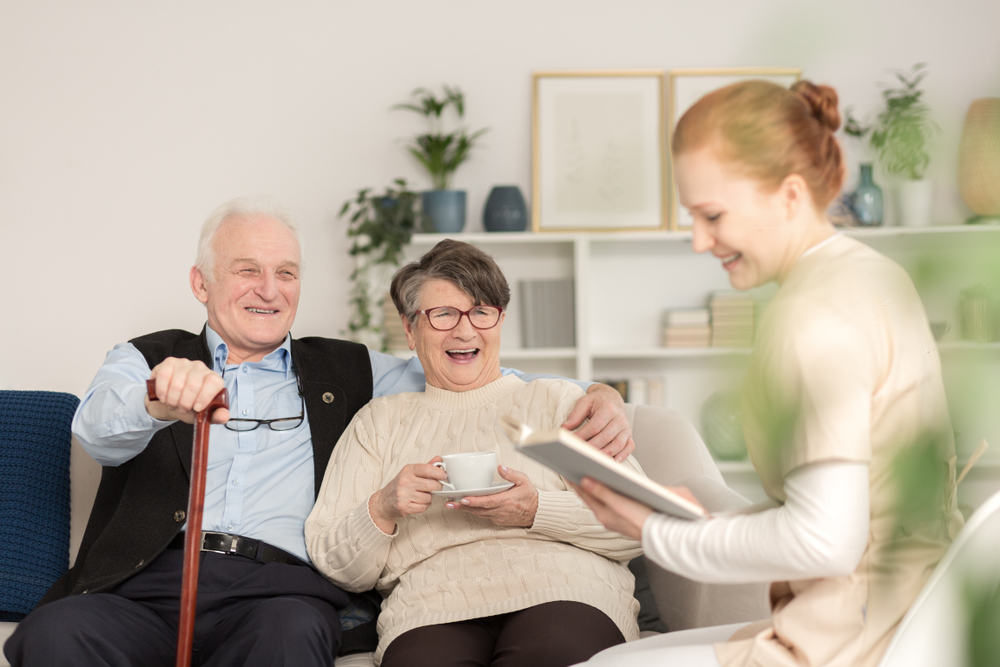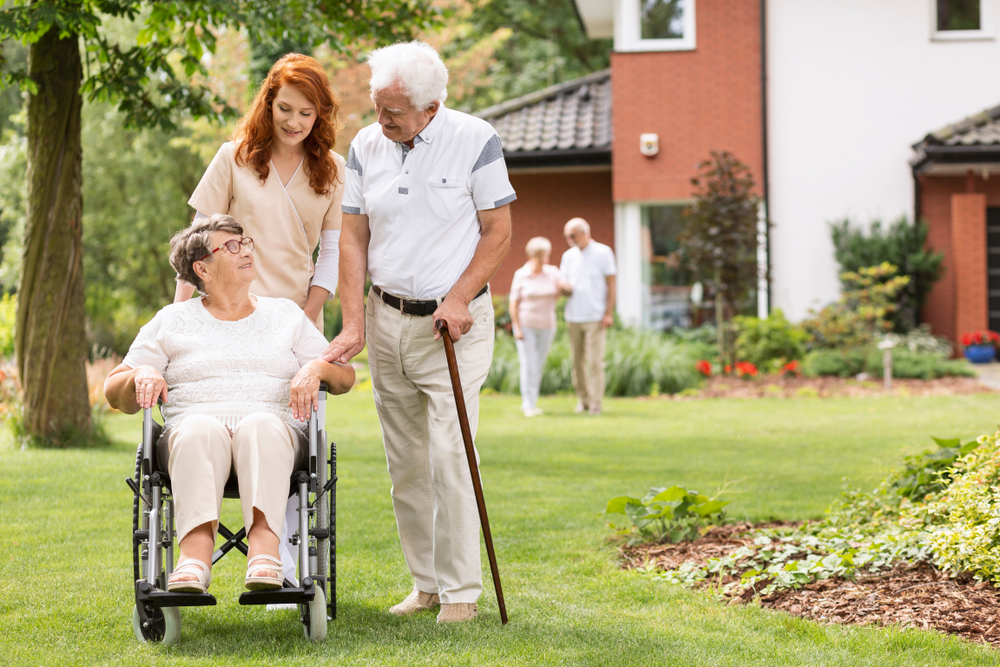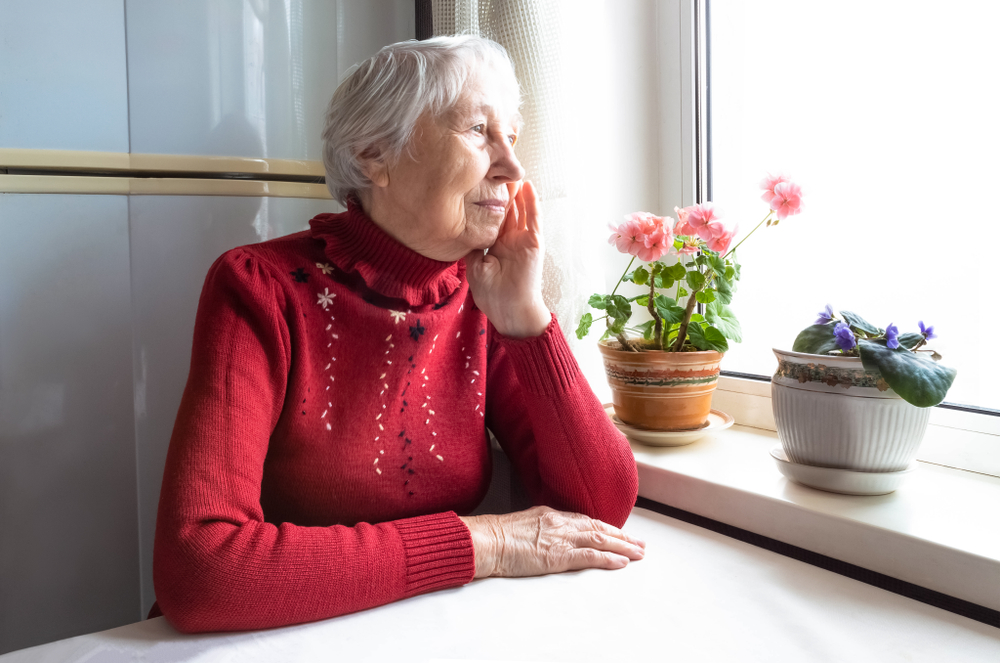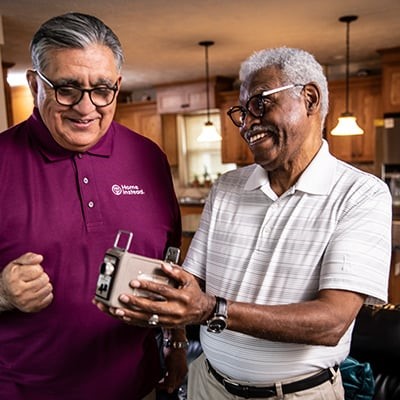While tranquility and retrospection are cherished in the golden years of life, one challenge often shadows many seniors: loneliness. As individuals age, they may experience changes in their social networks, such as the loss of friends and family members or a decrease in social activities. However, maintaining social connections is crucial for a senior’s mental, emotional, and physical health. This blog post will explore the importance of social connections for seniors and how they can positively impact their lives.
Disease Prevention
Loneliness doesn’t just weigh heavily on the soul; it has tangible impacts on physical health. Recent studies have linked chronic loneliness to a host of health issues, from heart disease to type 2 diabetes, and even depression and anxiety. Social connections, on the other hand, provide seniors with a sense of belonging and purpose. For instance, engaging in social activities and maintaining relationships can boost their self-esteem and mental health.
Related: Learn more about how to help seniors deal with depression here.
Sense of Belonging
Connections with loved ones not only enhance life’s quality and offer a feeling of security, but they also combat feelings of loneliness and isolation. It’s crucial for feeling integrated and socially connected. Yet, as time rolls on, relationships evolve. Individuals relocate, get wrapped up in careers and family, and soon we discern the value of having a handful of close friends over numerous acquaintances. For seniors, these social ties become even more vital in fostering a sense of belonging.
Related: Learn more about signs your aging parents need immediate help at home here.
Decrease the Risk of Abuse
Elder abuse is a widespread problem affecting seniors throughout the U.S. According to the National Council on Aging (NCOA), about one in 10 Americans aged 60 or older have suffered from some type of abuse. Those seniors who are isolated and lack strong social ties are most vulnerable and need protection. However, linking seniors with friends and family reduces their risk of all forms of abuse. Building social bonds not only helps prevent abuse but also increases the likelihood of seniors reporting any incidents.
Find Social Connection at Home Instead Senior Care
At Home Instead Senior Care, we understand the importance of social connections for seniors. Our team of compassionate caregivers provides personalized care that promotes social engagement and companionship. Whether your loved one needs assistance with daily activities, transportation to social events, or simply someone to share a conversation with, we are here to help. Contact us today at (910) 342-0455 or visit our website to learn more about how we can support your loved one’s social well-being.



